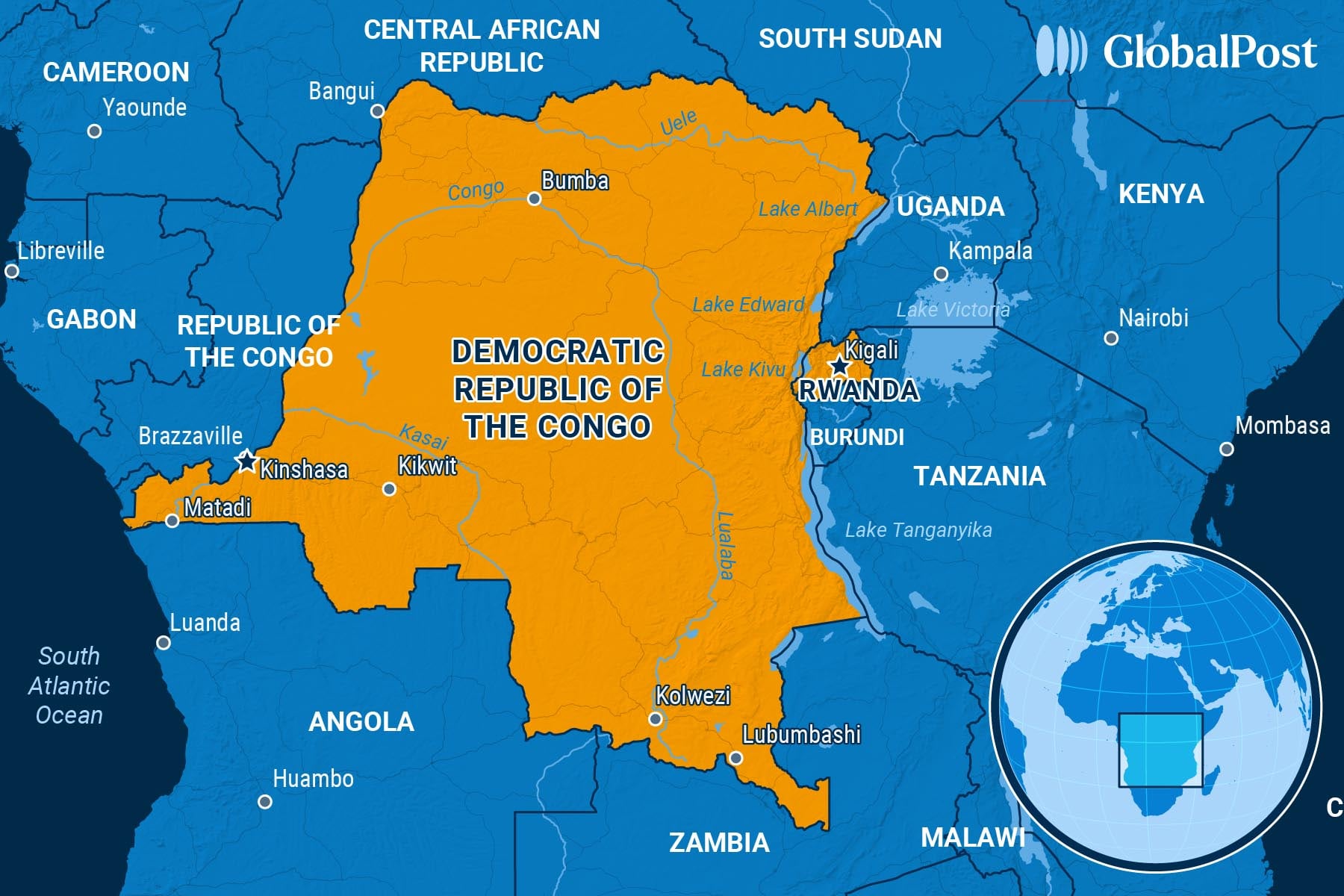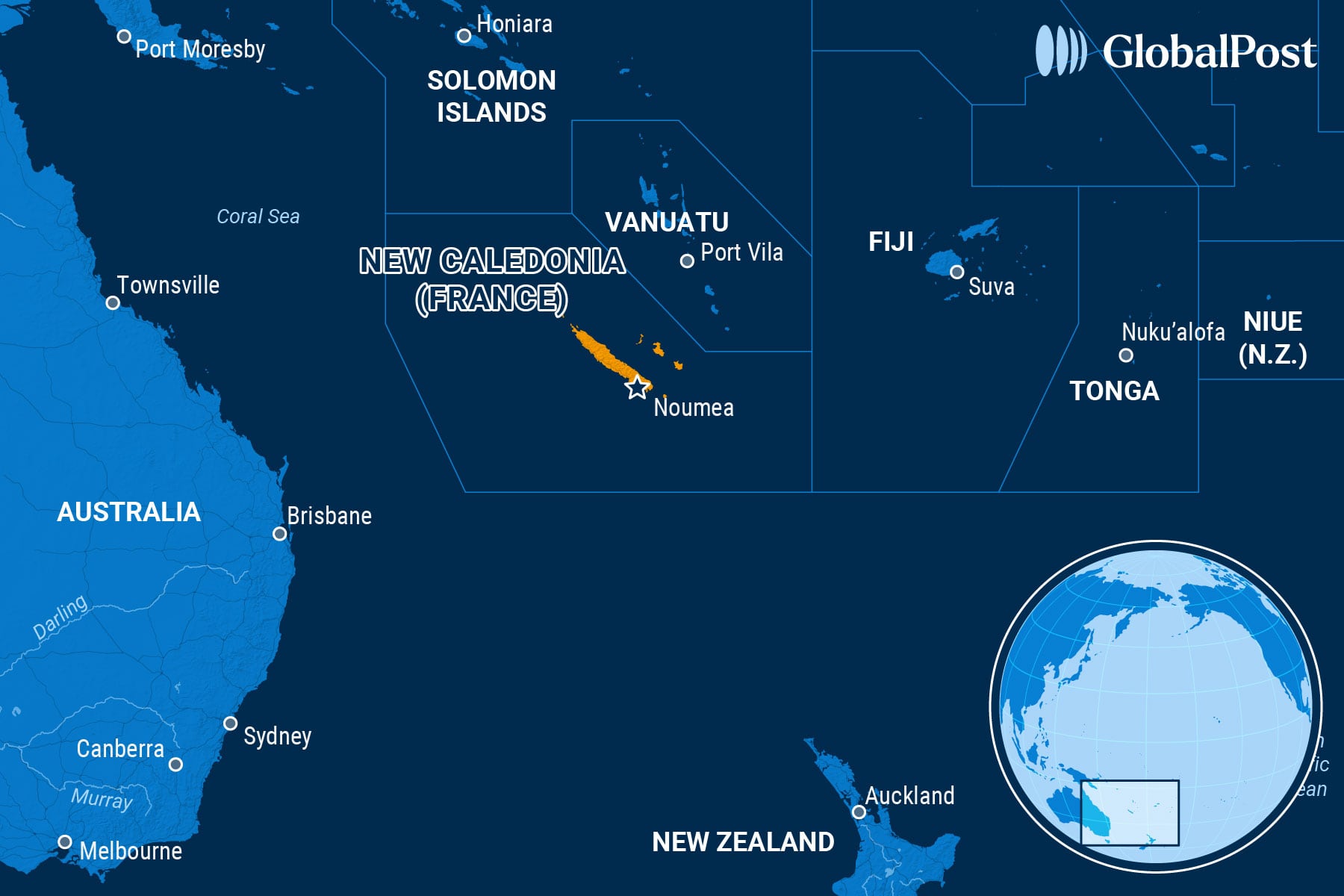Kazakhstan Rethinks Its Past As It Becomes Part of the ‘New Silk Road’
NEED TO KNOW
Kazakhstan Rethinks Its Past As It Becomes Part of the ‘New Silk Road’
KAZAKHSTAN
 Kazakhstan is changing its relationships with two of the biggest forces in its geopolitical orbit: Russia and Islam.
Kazakhstan is changing its relationships with two of the biggest forces in its geopolitical orbit: Russia and Islam.
The former Soviet republic in Central Asia recently banned hijabs and similar garments that conceal the face. When signing the legislation, which permits face covering only for medical purposes and other ‘necessary’ reasons, President Kassym-Jomart Tokayev said he wanted to promote his country’s ethnic customs over foreign traditions, reported the Independent.
Other Muslim-majority Central Asian countries, including Kyrgyzstan, Tajikistan, and Uzbekistan, have enacted similar bans in recent years, citing security concerns or a move toward secularism – code words for policies that oppose radical Islamic views that they believe lead to terrorism – to repress religious expression, observers say.
For example, Tajik officials cracked down on headscarves and long beards after Russian authorities arrested Tajik jihadists for launching a terrorist attack on a Moscow concert hall last year.
Kyrgyzstan allows headscarves but not face coverings, saying officials must be able to identify individuals, Radio Free Europe explained. Kyrgyz leaders warned that face coverings protect “attackers in disguise” who are “alien” to their country’s society, according to the Daily Mail.
Writing in the Diplomat about such rules in Uzbekistan, human rights activist Gulnoz Mamarasulova said they not only compromise civil rights but also reflect on how officials are wasting their time on bans when they should be improving public services like education.
“Hijabs are once again bothering Uzbek officials,” she said. “Education officials seem unable to move beyond the issue of staff and student attire, when they should be obsessing over the quality of education in Uzbek schools. It seems that the debate about hijabs spikes as each school year begins and ends.”
Kazakhstan’s relationship with Russia, on the other hand, has been more individualist and less an expression of a regional trend but similarly shows how the country is navigating the new and the old, say analysts.
While businesses seeking to subvert Western sanctions against Russia have flocked to Uzbekistan, the number of Russian businesses in Kazakhstan has fallen to 17,600, the lowest amount in two years, reported Eurasia.net.
Tokayev is also working closely with Turkey to explore the possibility of constructing an oil pipeline that would deliver Kazakh oil to Baku, the capital of Azerbaijan, the Georgian capital of Tbilisi, and the Turkish city of Ceyhan. As Pipeline Technology Journal pointed out, this route bypasses Russia, through which much of Kazakhstan’s oil now traverses before it goes to market.
Those talks are one of many signs of closer ties between Turkey and Kazakhs, who are ethnically Turkic, added Hurriyet Daily News, an English-language Turkish newspaper.
Tokayev has also strengthened ties with the European Union, too, added the EUReporter.
“Kazakhstan is now a central and strategic partner for Europe, the Middle East, China, and Türkiye,” it wrote. “… it has managed to build ties with various global powers while preserving its autonomy and strategic balance. It is becoming the most vital pillar of the New Silk Road.”
THE WORLD, BRIEFLY
Fighting Resumes Between DRC and M23 Rebels Despite Ceasefire
DEMOCRATIC REPUBLIC OF THE CONGO / RWANDA
 Fighting has broken out between the Congolese army and the Rwanda-backed M23 rebels in the mineral-rich eastern Democratic Republic of the Congo (DRC), despite agreeing to a ceasefire last month, Le Monde reported.
Fighting has broken out between the Congolese army and the Rwanda-backed M23 rebels in the mineral-rich eastern Democratic Republic of the Congo (DRC), despite agreeing to a ceasefire last month, Le Monde reported.
The DRC and the M23 rebels, which have been clashing since Friday near the town of Mulamba in the South Kivu province, signed a declaration of principles in Qatar on July 19 and a permanent ceasefire following a US-brokered peace agreement between the DRC and Rwanda in late June.
M23 spokesman Lawrence Kanyuka accused the DRC on Monday of “offensive military maneuvers with a view to a large-scale conflict.”
On Tuesday, the DRC army said daily attacks by M23 were taking place and that it “reserved the right to respond,” added France 24.
According to the declaration of principles, the DRC and the M23 rebels committed to a ban on aerial, ground, maritime, and lake-based attacks, as well as acts of sabotage, hate propaganda, and any attempt to gain new ground by force.
The deal also held a provision to restore DRC authority across the eastern part of the country held by the M23 rebels.
M23 has gained significant territory in resource-rich eastern DRC after it invaded the region earlier this year, also taking the regional centers of Goma and Bukavu.
The conflict has killed thousands of people and displaced millions, creating one of the world’s worst humanitarian crises.
Violent Clashes Break Out Between Serbian Government Supporters and Protesters
SERBIA
 Opponents and supporters of the Serbian government clashed for a second day Wednesday during the ongoing anti-government protests, marking an escalation of tensions after nine months of uninterrupted demonstrations against populist President Aleksandar Vučić, the Associated Press reported.
Opponents and supporters of the Serbian government clashed for a second day Wednesday during the ongoing anti-government protests, marking an escalation of tensions after nine months of uninterrupted demonstrations against populist President Aleksandar Vučić, the Associated Press reported.
On Wednesday, supporters of the Serbian Progressive Party (SNS) in the northern city of Novi Sad threw flares at anti-government protesters outside SNS offices. Protesters then smashed office windows as riot police were deployed to guard the building.
Authorities said at least one policeman was injured and called for the “return of law and order.”
Wednesday’s clashes came a day after a similar incident took place in the northern Serbian town of Vrbas that injured 50 people, including 16 police officers, AP wrote separately.
Meanwhile, similar skirmishes and demonstrations took place in other parts of the country this week, including the northern cities of Novi Sad and Bačka Palanka, and in the capital, Belgrade.
Police Commissioner Director Dragan Vasiljević blamed demonstrators for the violence, while protesters countered that government supporters instigated the attacks, noted Balkan Insight.
The student-led protests in Serbia erupted in November after a train station canopy collapsed in Novi Sad and killed 16 people, sparking fury over state corruption in procurement.
Demonstrations have grown since then, with hundreds of thousands of people demanding that Vučić step down and schedule an early parliamentary election.
Meanwhile, the president’s supporters have started taking part in counter-demonstrations, fueling fears of violence.
Serbia is seeking European Union membership, but Vučić has fostered close ties with Russia and China and has been accused of curbing democratic freedom since taking power 13 years ago.
Pro-Independence Leaders Reject French Deal Giving New Caledonia ‘State’ Status
NEW CALEDONIA
 New Caledonia’s main pro-independence coalition this week formally rejected a French government proposal to grant the overseas Pacific territory expanded powers and its own nationality while keeping it under the French constitution, effectively derailing the accord, Politico reported.
New Caledonia’s main pro-independence coalition this week formally rejected a French government proposal to grant the overseas Pacific territory expanded powers and its own nationality while keeping it under the French constitution, effectively derailing the accord, Politico reported.
Signed last month in Paris, the agreement would grant New Caledonia a new state status but not decouple it from France. It would have also transferred some powers to the Pacific archipelago, such as allowing it to control its own foreign policy.
The territory’s residents would also hold both French and Caledonian citizenship, instead of just French, as is currently the case.
However, the agreement did not include a new referendum on full independence, which was a key demand of the pro-independence Kanak and Socialist National Liberation Front (FLNKS).
On Wednesday, FLNKS officials announced the rejection of the draft deal, saying it was “incompatible with the foundations and achievements” of the movement’s decades-long struggle, Radio France Internationale noted.
They urged supporters to resist “any attempt by Paris to force this (deal) through,” calling for peaceful opposition.
Calls for independence have been prevalent in the archipelago for years. However, voters have rejected three referendums on independence since 2018.
But tensions between Paris and its overseas territory escalated last year when riots erupted over divisive electoral reforms that would have expanded voting rights to newer residents, which would have reduced the Kanak share of the electorate.
The unrest left 14 dead and caused more than $2 billion in property damage.
The agreement was aimed at resolving those tensions, but observers noted that the absence of a referendum was a deal breaker for the territory’s pro-independence leaders.
France’s Minister for Overseas Territories Manuel Valls expressed regret at FLNKS’s rejection of what he described as “a historic compromise.” He added that he would travel to New Caledonia next week in an effort to salvage the accord
Meanwhile, the pro-independence coalition is pushing for a “Kanaky agreement” to be signed next month, which would give the archipelago full sovereignty before the 2027 French presidential election.
Despite rejecting the initial deal, FLNKS leaders said they will meet Valls during his visit.
DISCOVERIES
Ancient Solutions
Over the past decade, a prolonged drought in Athens, Greece, has placed significant strain on the city’s water supply, prompting municipal leaders to come up with ideas to secure water in the long run.
Luckily, they were directly above the most obvious solution.
“It’s quite simple – we pull the water out of a Roman well, we process and filter it in a modern unit next to the ancient one, and from there it goes to homes,” Giorgos Sachinis, a director at the Athens Water Supply and Sewerage Company, told National Geographic.
Sachinis was referring to Hadrian’s Aqueduct, which was built at the request of Roman Emperor Hadrian in 125 CE and completed in 140 CE to supply water to Athens.
The system worked well for 1,300 years and only fell out of use when the Ottomans occupied the city in the 15th century. It was briefly used again during a water shortage in the 19th century.
Now, the 2,000-year-old underground aqueduct will make water flow to Athens’ sinks, showers, and public fountains.
The aqueduct’s central reservoir, where the waters gather, is in a public square called Dexameni – Greek for reservoir – which hosts a cafe and an open-air cinema. Most residents of the city don’t even know it exists.
The construction operates through gently sloping underground channels that gather water from rivers, streams, and rainfall, channeled through a network of hundreds of wells positioned along its length, which were most likely excavated by slaves, according to Smithsonian Magazine.
The aqueduct originally had 456 wells, and 390 are known to still exist, of which 174 are visible in public spaces.
The system relies on gravity to move water and follows a twisty path through the Greek capital, stretching for 15 miles.
For an initial trial phase, a 2.5-mile pipeline was built to link the central reservoir with suburban homes. It will supply civic buildings and then about 80 houses with non-drinkable water for cleaning and gardening, so that people can conserve potable water while using digital meters to track their aqueduct usage.
The buildings closest to the pipeline will each be connected with an outdoor tap, while dozens of others will receive water delivered by a truck.
The goal is to supply water to another seven districts on the aqueduct’s path.
“It’s very exciting that something built 2,000 years ago will be used by modern Greeks for such an important reason,” Eleni Sotiriou, an Athens resident, told National Geographic.
